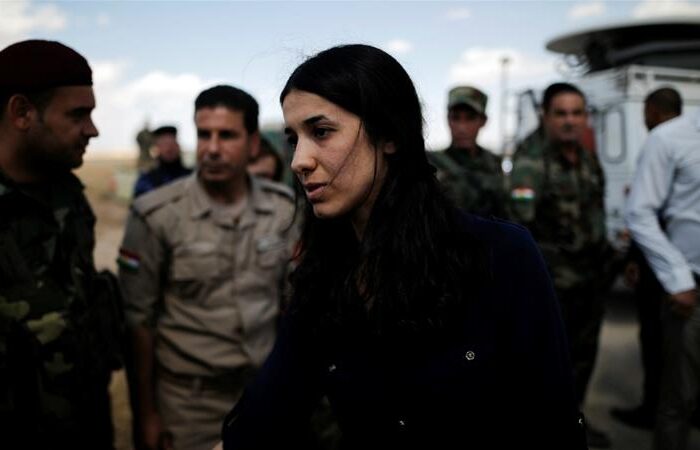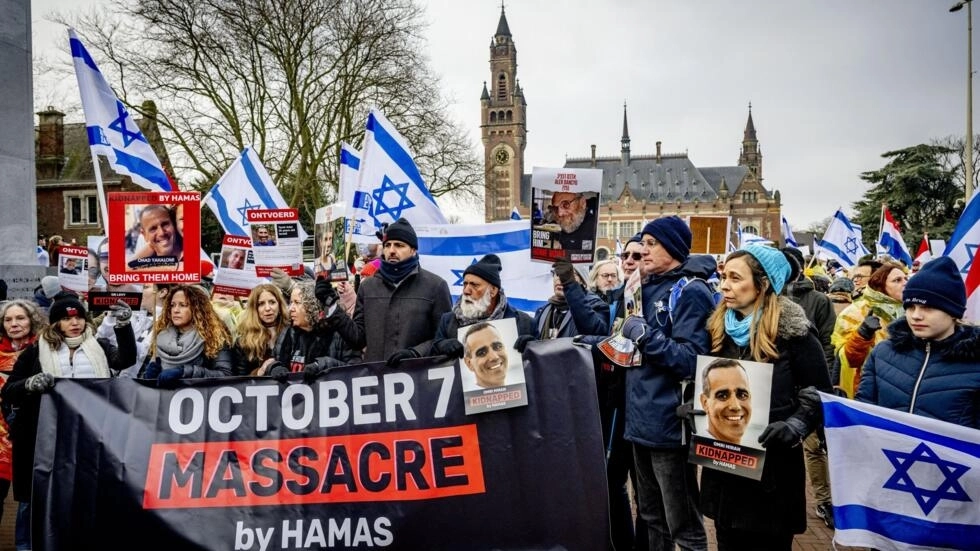
Note: The following article originally appears in The Times of Israel blog section.
South Africa’s attempt to stop Israel’s military operations in Gaza has failed.
The International Court of Justice (ICJ) recently issued an interim ruling on South Africa’s case against Israel. South Africa filed an application before the ICJ in December, where it alleges that Israel is engaged in genocidal conduct against the Palestinians in Gaza. It requested from the Court a number of provisional measures, notably a suspension of Israel’s military operations in the Strip. After hearing oral arguments from both South Africa and Israel‘s legal councils and deliberating on the matter, the Court finally issued an interim ruling. The ICJ determined that the case had merit to continue, and proceeded with issuing an Order granting some of South Africa’s provisional measures, except the suspension of military operations in Gaza.
The Order sets forth a couple provisional measures that Israel is to follow. Some of the provisions include: adherence to the convention, the prevention of incitement to genocide, unfettered access to humanitarian aid, prevention and preservation of evidence, and reporting to the Court on adherence to the measures. However, disappointingly for RSA, the provision to suspend military operations was not granted. Further, the Court condemned the taking of Israeli hostages by Hamas and called for their immediate release.
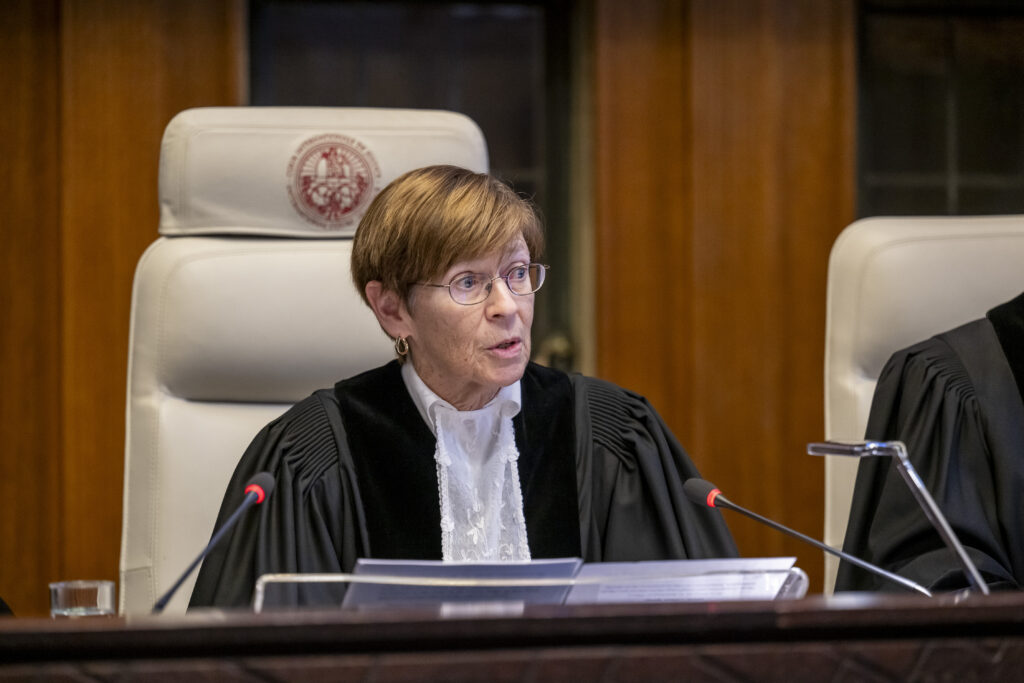
The interim ruling undermines South Africa’s efforts to stop Israel fighting in Gaza. South African ties with the Palestinian cause are not new. The African National Congress (ANC) since the 1980s has enjoyed strong relations with multiple Palestinian organizations, such as Fatah. Of these groups, an informal relationship is developing with Hamas in recent years. This relationship is connected to growing ties with Iran, a major sponsor of Hamas in Gaza, and is built on mutual opposition to Israel. South Africa’s developing foreign policy position on this matter is highlighted in its effort to weaponise the Court to reign in Israel’s military operations in the Strip. A failure to pass a provisional measure to this effect is therefore a significant blow in its strategy.
Another failure for South Africa is the denial of the Court to accept its framing on Israel-Palestinian history. The submission filed by South Africa aimed to connect the claim of genocide it alleges Israel is committing currently in Gaza since October 7th to the wider history of the Palestinian cause since 1948. South Africa strategically attempted to link this narrative framing of history to events outside the current war in Gaza. The purpose being to imply that the existence of Israel is built on the systematic persecution of the Palestinian people. ICJ judges rejected this framing in support of Israel’s framing that focuses exclusively on the context surrounding current Israeli operations in Gaza.
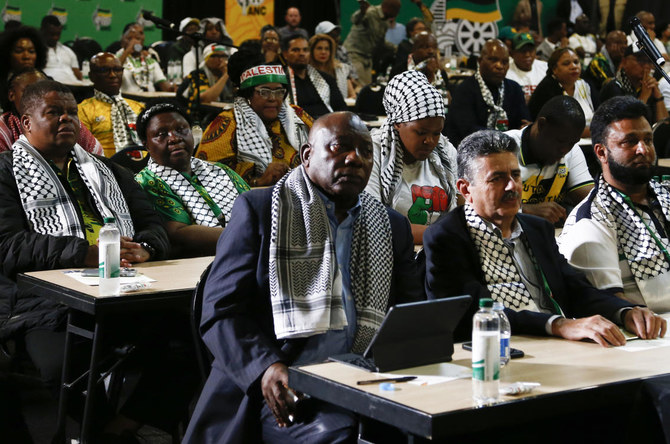
These two points are important to highlight when reviewing the interim ruling.
However, Israel and its supporters are likely to still reject the ICJ ruling. From the onset, the case represents a concerted effort of lawfare by South Africa as it accuses Israel directly of genocide. The insensitivity of claiming a state built by survivors of genocide is committing a genocide is viewed as libelous by many jews. Israeli President Isaac Herzog expressed the following in response to the ICJ ruling:
The very fact that the hearing at the court in The Hague was held on the eve of International Holocaust Memorial Day, to judge whether the democratic, moral and responsible State of Israel, which rose from the ashes of the Holocaust with the overwhelming support of the family of nations, and its institutions were guilty of committing genocide, is a blood libel that undermines the very values on which this court was established…
– Isaac Herzog, 26/01/2024
Consequently, the entire case is written off with little consideration or suggestion of the potential value. This is indeed one of the main reasons that Israel aimed to get the case dismissed by the Court and taken off the registry. A failure to achieve this outcome does resonate strongly and legitimises, in an already skewed international system, that there may be “something” to this case.
While I understand and respect this perspective, I do think there is still value to be gained from this interim ruling. The Court rightly rejected the main operational devices South Africa sought to use to hinder Israel. Israel was left with provisional measures that ultimately can be argued that it is already adhering to. There is nothing in the provisional measures that prevent Israel from continuing its operations and rescuing the hostages. Without any order to suspend Israeli security operations in Gaza, Israel is still left with her security strategy legally unimpeded.
I view the judgement as defanging RSA’s case significantly.
The Court will now turn to assessing the main claim of whether genocide is occurring in Gaza. As precedent from Bosnia v. Serbia show this can take years to determine. I believe that the Court will not determine that Israel is guilty of genocide. The threshold is higher to prove with specific intent especially difficult to determine. In the interim, the operation in Gaza will likely conclude and a new state of affairs will exist in the Strip.
Written by Anthony Avice Du Buisson (29/01/2024)

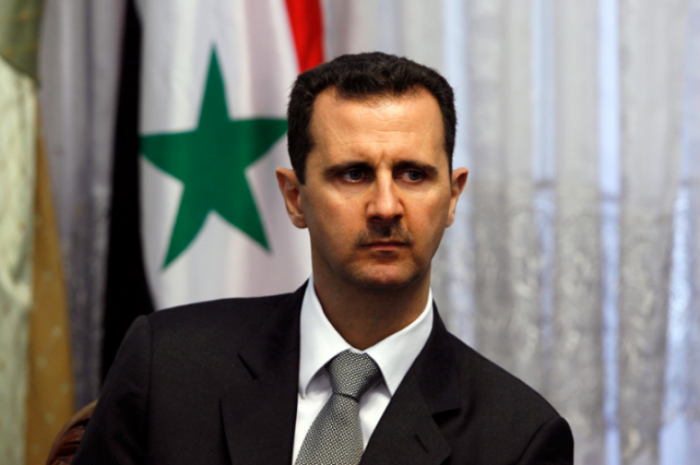
![A Kingdom of Tears: Male Guardianship in Saudi Arabia – [Areo Magazine Piece]](https://philosophyismagic.com/wp-content/uploads/2020/03/screen-shot-2016-12-12-at-3-02-55-pm.png)
